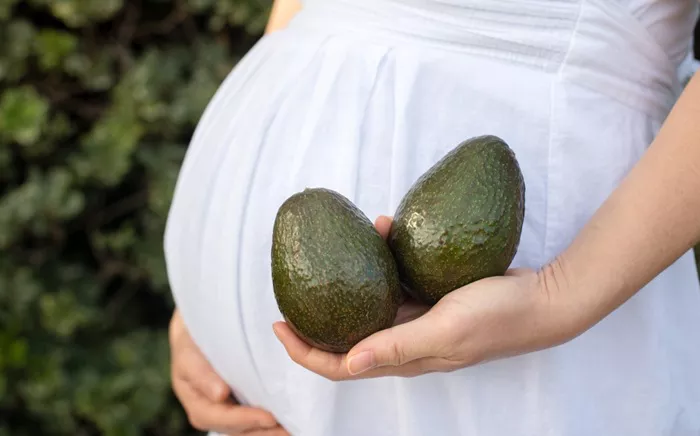Pregnant women who eat avocados may reduce their baby’s risk of developing food allergies, according to a new Finnish study.
Researchers analyzed data from over 2,200 mother-child pairs and found that babies born to mothers who consumed avocados during pregnancy were 44% less likely to develop food allergies by age one. The study, published in Pediatric Research, evaluated maternal diets during the first and third trimesters and assessed infant allergies at 12 months.
The avocado link was significant only for food allergies, with no similar effect observed for eczema or wheezing.
Mothers who ate avocados tended to be older, non-smokers, had healthier diets, lower body mass indexes, and breastfed longer. Avocados are rich in fiber, folate, lutein, and healthy fats—all nutrients that may help the developing immune system and reduce allergic reactions.
Food allergies affect about 1 in 13 children in the U.S., with a 50% increase in cases between 1997 and 2011. Experts cite factors such as vitamin D deficiency, overly clean environments, and less diverse diets as possible contributors.
Another recent Swedish study supports the importance of diet diversity. It found that babies introduced to 13 or more foods by 9 months of age had a 45% lower risk of food allergies by 18 months. However, this protective effect was not seen when diverse foods were introduced at 6 months. Children with eczema appeared to benefit the most.
Together, the studies highlight the potential role of maternal and infant diets in reducing allergy risks early in life.
Related topics:


